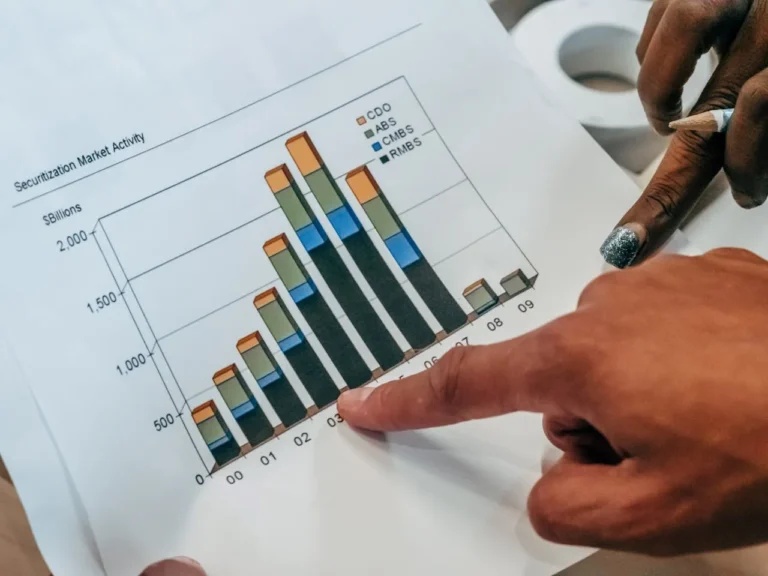
Bayer has taken a significant leap forward in its commitment to climate leadership, as evidenced by recent validations and accolades from two of the most trusted global authorities in environmental accountability. The Science Based Targets initiative (SBTi) has reaffirmed the legitimacy of Bayer’s greenhouse gas (GHG) emission reduction objectives, validating its ambitious Net Zero roadmap. Concurrently, the Carbon Disclosure Project (CDP) awarded Bayer the top rating of “A” for its performance in both climate change mitigation and water stewardship, reinforcing the company’s leadership in sustainability and transparency.
A Renewed Commitment to Science-Based Climate Action
At the heart of Bayer’s environmental agenda is its alignment with SBTi’s criteria, which demand that corporate climate targets are consistent with limiting global warming to 1.5°C above pre-industrial levels. The initiative, formed in collaboration with CDP, the United Nations Global Compact, World Resources Institute (WRI), and World Wide Fund for Nature (WWF), has become the global gold standard for validating corporate decarbonization strategies.
Bayer’s 2024 Climate Transition and Transformation Plan articulates a clear and comprehensive pathway to achieving net-zero emissions by 2050 across its entire value chain. The strategy includes a goal of reducing absolute Scope 1 and Scope 2 GHG emissions by 42% by the end of 2029, benchmarked to 2019 levels. Furthermore, Bayer has adopted SBTi’s updated and more rigorous standard for Scope 3 emissions, setting a target to reduce these by 25% within the same timeframe.
Scope 3 emissions, which include all indirect emissions that occur in the value chain, present unique challenges due to their breadth and dependency on external stakeholders such as suppliers and logistics providers. Nevertheless, Bayer’s decision to elevate its Scope 3 target reflects its acknowledgment of the critical role value chain emissions play in overall corporate carbon footprints and the importance of collective action.
CDP Recognition Highlights Progress and Transparency
The CDP, widely recognized for its stringent and transparent methodology, has once again placed Bayer in its highest echelon of performers. Bayer achieved an “A” score in both climate change and water security categories, building on a track record of consistent excellence in environmental disclosure since 2015. Notably, Bayer has never scored below an “A-” in either category in nearly a decade.
CDP scores are derived from a detailed analysis of disclosure completeness, environmental risk awareness, implementation of management practices, and demonstrated environmental leadership. Bayer’s elevated score also reflects its improvements in transparency, accountability, and strategic planning to address environmental risks.
While Bayer received a “B” rating for forest-related efforts, this score nonetheless underscores the company’s ongoing engagement and potential areas for further improvement. It complements the broader narrative of a corporation that actively measures, manages, and evolves its sustainability strategy in alignment with international best practices.
Strategic Decarbonization and Energy Transition Initiatives
Bayer’s decarbonization strategy encompasses four main levers: enhancing operational efficiency, investing in process and product innovation, transitioning to renewable energy sources, and offsetting residual emissions through carbon removals. These tactics are embedded within the company’s operational and strategic decision-making processes.
To that end, Bayer has secured power purchase agreements (PPAs) and renewable energy contracts with key partners such as Currenta, Wuppertaler Stadtwerke, and CatCreek Energy. These collaborations help Bayer meet its own energy needs while supporting the broader transition to cleaner energy systems across the industrial sector.
In addressing Scope 3 emissions, Bayer has prioritized emissions from purchased goods and services (Category 3.1), which account for over 70% of its total value chain emissions. The company is actively engaging suppliers through its Scope 3 Accelerator Program, an initiative designed to foster sustainability across the upstream supply chain. This program encourages suppliers to adopt more efficient manufacturing processes and transition to renewable energy sources. In doing so, Bayer not only reduces its own carbon footprint but also incentivizes industry-wide climate action.
Strengthening Stakeholder Trust and Driving Sustainable Innovation
Matthias Berninger, Executive Vice President of Public Affairs, Sustainability & Safety at Bayer, emphasized the critical importance of these achievements: “Bayer is serious about its global commitment to people and nature, and we are already on a good path to reduce greenhouse gas emissions. With the validation by SBTi and the CDP rating, we once again emphasize how important our climate goals are, and we will certainly adhere to them. If global warming continues at the current pace, the consequences for agriculture would otherwise become increasingly far-reaching. We are also demonstrating our commitment to transparency and accountability. This empowers us to measure our progress and enhances our credibility with stakeholders, including investors, customers, and communities.”
The intersection of climate change and agriculture is particularly crucial for Bayer, given its role in the global food supply chain. Climate-resilient agricultural solutions, crop protection, and sustainable farming practices are core components of Bayer’s long-term innovation agenda. By reducing emissions and improving water use efficiency, Bayer supports food security and ecosystem resilience in an increasingly volatile climate.
Global Impact and Alignment with Sustainable Development Goals
Bayer’s climate ambitions are firmly aligned with the United Nations Sustainable Development Goals (SDGs), particularly SDG 13 (Climate Action), SDG 6 (Clean Water and Sanitation), and SDG 12 (Responsible Consumption and Production). The company’s climate efforts not only contribute to emission reductions but also foster innovation in sustainable agriculture, pharmaceuticals, and public health.
The integration of climate targets into Bayer’s business model underscores a growing recognition among global corporations that long-term profitability and planetary health are deeply interconnected. Environmental accountability is no longer an optional corporate virtue; it is a business imperative.
A Blueprint for Industrial Sustainability
As Bayer continues to execute its Climate Transition and Transformation Plan, the company is setting a blueprint for industrial sustainability in the life sciences sector. By leveraging its scientific expertise, market leadership, and global presence, Bayer aims to influence policy, set industry benchmarks, and build resilient, low-carbon value chains.
In the coming years, Bayer will likely focus on further strengthening supplier engagement, investing in breakthrough clean technologies, and expanding collaborations that accelerate systemic decarbonization. With climate change now a defining global risk, Bayer’s example offers an encouraging model for how corporations can act boldly and transparently to drive meaningful change.
Through continuous improvement, clear targets, and rigorous external validation, Bayer is showing that environmental stewardship can coexist with innovation and growth. The company’s achievements to date represent not just milestones, but stepping stones toward a more sustainable and equitable global economy.








